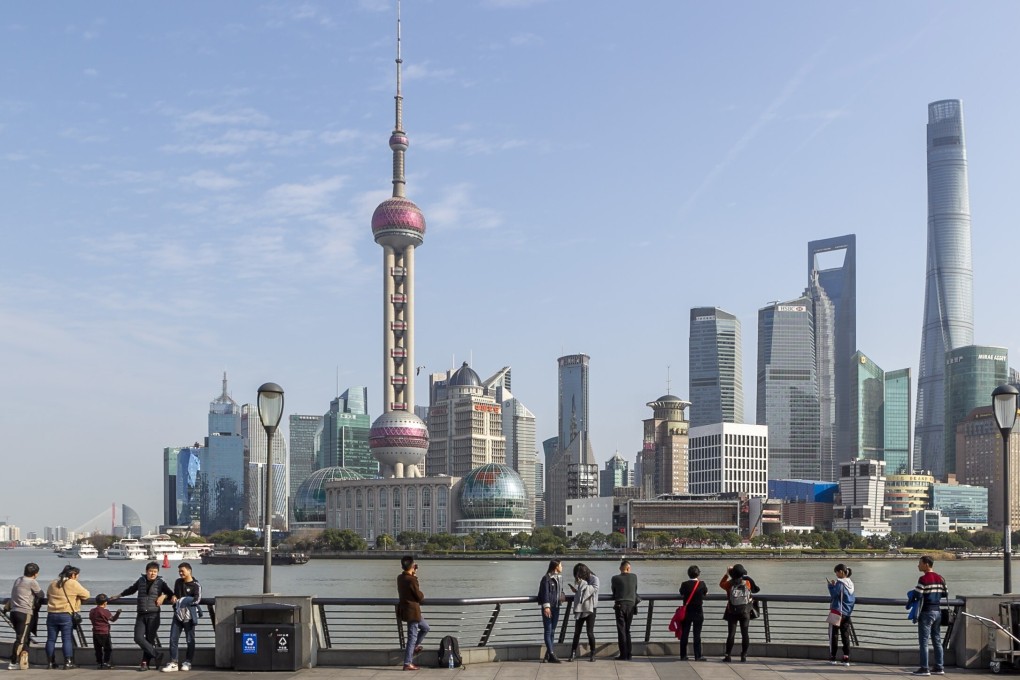Japanese companies fear being caught in the middle of US-China tensions, white paper says
- Firms operating in China face growing uncertainties including Beijing’s planned ‘unreliable entity list’, chamber of commerce says
- Without transparency they will be cautious about making plans, according to head of external trade organisation

“Given the US-China trade frictions as well as other factors such as the protectionist measures introduced by many countries and the coronavirus pandemic, Japanese companies are facing growing uncertainties in their operations and management,” the Japanese Chamber of Commerce and Industry in China said in its latest white paper released on Wednesday.
Beijing has yet to release full details of the plan, but the blacklist is widely seen as part of its countermeasures against export controls imposed by foreign governments targeting Chinese companies.
As the rift deepens between the world’s two largest economies, there is growing speculation that the plan could soon be rolled out in retaliation against US firms, amid concerns over a lack of transparency and possible abuse of the blacklist.

01:22
US-China trade talks postponed as Trump says he does not want to talk to China
“[We] hope when the Ministry of Commerce is studying and drawing up the ‘unreliable entity list’ … [it] can assure Japanese companies they will not be targeted by these countermeasures between China and the US … and ensure the transparency of the system while listening to advice from the Japanese companies,” the white paper said.